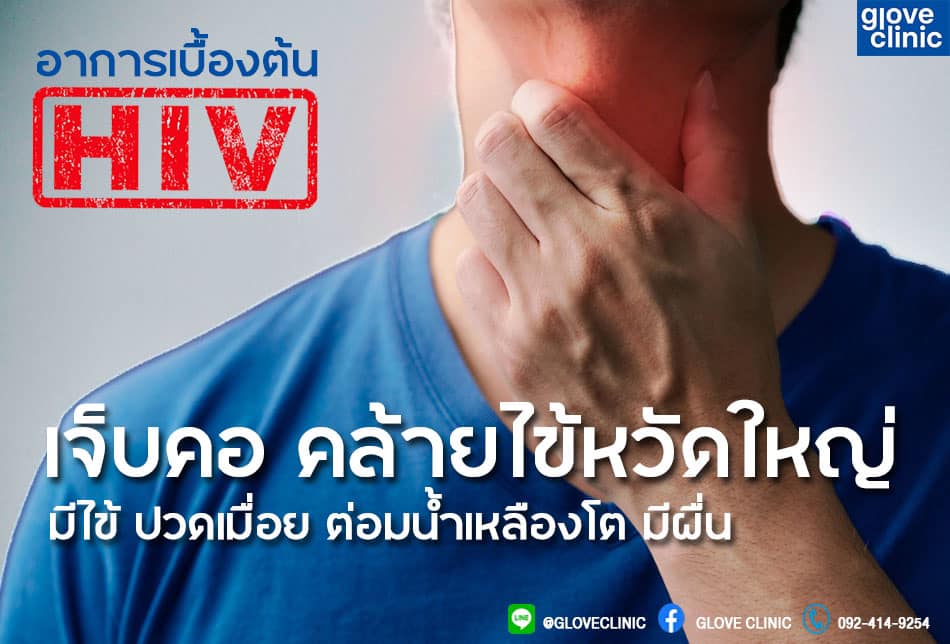294/1 Asia Building (11th Floor), Phyathai, Bangkok
ตรวจ HIV รีวิวความรู้สำหรับการตรวจเอชไอวี (HIV test)
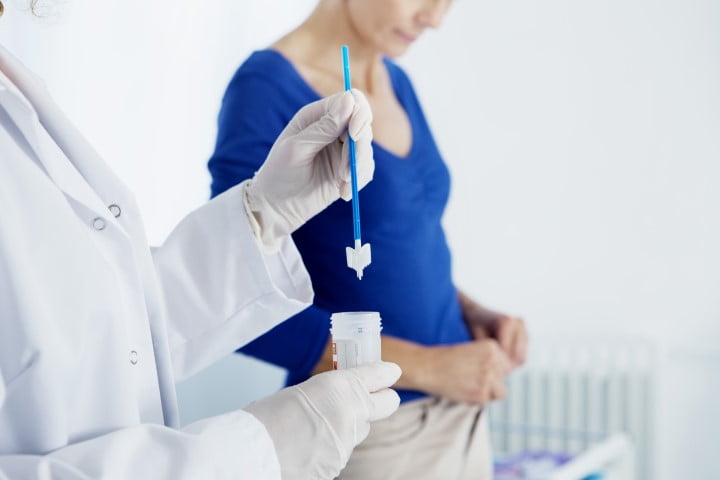
Pap tests (or Pap smears) look for cancers and precancers in the cervix. Precancers are cell changes that can be caused by the human papillomavirus (HPV). HPV is a sexually transmitted infection that goes away on its own in most people. If it does not go away, HPV can lead to cervical cancer. An HPV test looks for HPV in cervical cells.
Why do I need Pap and HPV tests?
A Pap test can save your life. It can find cervical cancer cells early. The chance of successful treatment of cervical cancer is very high if the disease is caught early. An HPV test can give your doctor more information about the cells from your cervix. For example, if the Pap test shows abnormal cervical cells, the HPV test can show whether you have a type of HPV that causes cervical cancer.
Who should get regular Pap or HPV tests?
Most women 21 to 65 years old should get Pap tests as part of routine health care. Even if you are not currently sexually active, got the HPV vaccine, or have gone through menopause, you still need regular Pap tests. Experts recommend: • Women 21–29 get a Pap test every 3 years • Women 30–65 get: ◦ A Pap test every 3 years, or ◦ An HPV test every 5 years, or ◦ A Pap and HPV test together (called co-testing) every 5 years
Women older than 65 need a Pap test if they have never been tested or if they have not been tested after age 60. Some women may need Pap or HPV testing more often.
How do I prepare for a Pap or HPV test?
You do not have to do anything special to prepare for a Pap or HPV test. Also, you should not douche before a Pap or HPV test. Most doctors do not recommend douching for any reason. You also should not put anything in or around your vagina to clean it, other than soap and water on the outside of your vagina.
Are Pap and HPV tests painful?
Some women find Pap and HPV tests uncomfortable, but the tests should not be painful. You will feel pressure as your doctor or nurse puts the speculum (a tool that helps your doctor or nurse see your cervix) into your vagina. If you have never had sexual intercourse or if you have had pain when something is put into your vagina, you can ask your doctor or nurse to use a smaller speculum. You can also help lessen or prevent pain by urinating before the test to empty your bladder or by taking an over-the-counter pain reliever, such as aspirin, acetaminophen, or ibuprofen, about an hour before your Pap or HPV test.
Q: What do my Pap test results mean?
Your Pap test results will say one of these three things:
- Normal. The cells collected from your cervix during the Pap test look like they should and you do not have to do anything until your next Pap test.
- Unclear. Your doctor does not know whether the cells collected from your cervix are normal or abnormal. Your doctor may do more testing right away to rule out any problems, or your doctor may have you come back in 6 months or a year for another Pap test.
- Abnormal. The cells collected from your cervix during your Pap test look abnormal. Abnormal Pap test results do not mean you have cancer, so your doctor must do other tests to find out what should happen next. Your doctor may do another Pap test right away or, if the cell changes are minor, wait 6 months or a year before doing another Pap test.
Can a Pap test tell me whether I have a sexually transmitted infection (STI)?
No. A Pap test is not used to find STIs. You must ask your doctor to test you for STIs if you want to have STI testing.
Reference: https://www.womenshealth.gov/files/documents/fact-sheet-pap-hpv-tests.pdf
Make Appointment





Relate content :
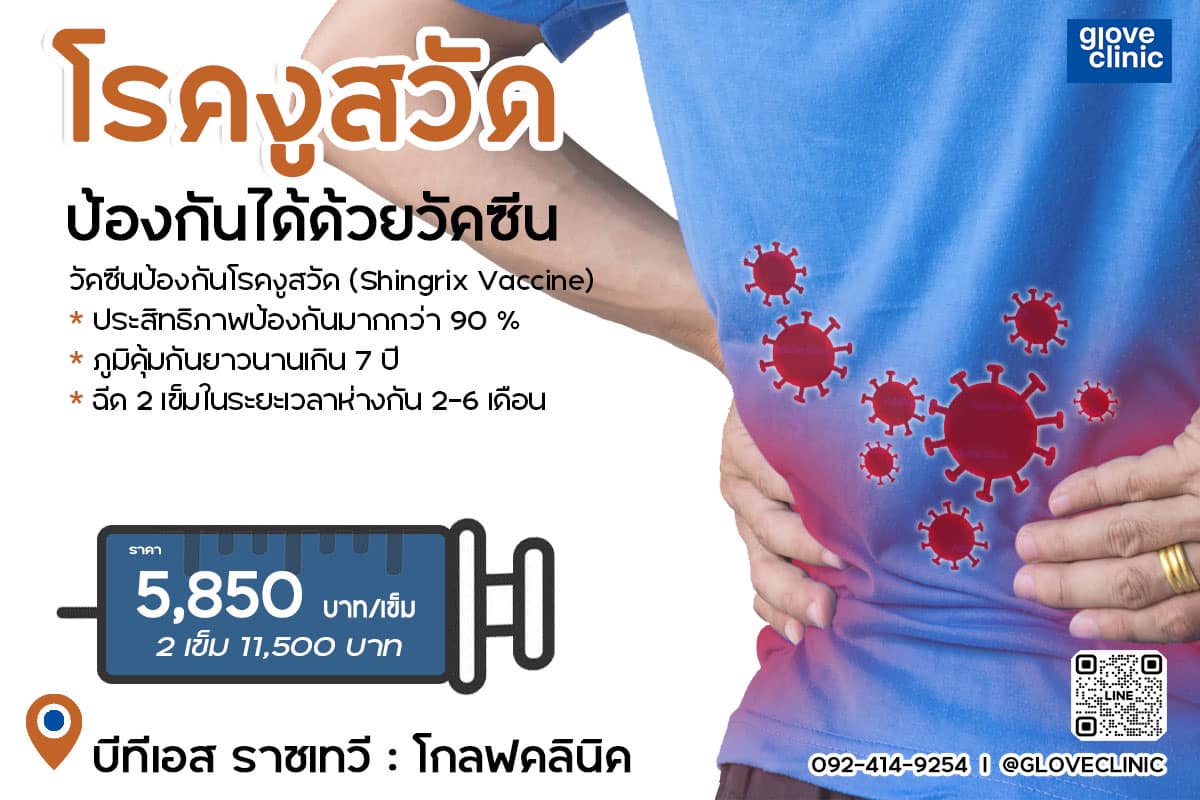
ฉีดวัคซีนงูสวัดที่ glove clinic
งูสวัดคือไวรัสชนิดหนึ่ง (Herpes zoster) ซึ่งเป็นเชื้อไวรัสตัวเดียวกันกับอีสุกอีใส (Varicella zoster) เมื่อเราติดเชื้อไวรัสอีสุกใสในวัยเด็กแล้ว ไวรัสสามารถที่จะหลบซ่อนได้ในร่างกายเป็นเวลานานหลายปี จนกระทั่งเมื่อร่างกายอ่อนแอ ไวรัสนั้นจึงออกมาทำให้เกิดอาการตุ่มน้ำใส ปวดแสบร้อนตามบริเวณที่เส้นประสาทต่าง ๆ ของร่างกายซึ่งเรียกกันว่างูสวัด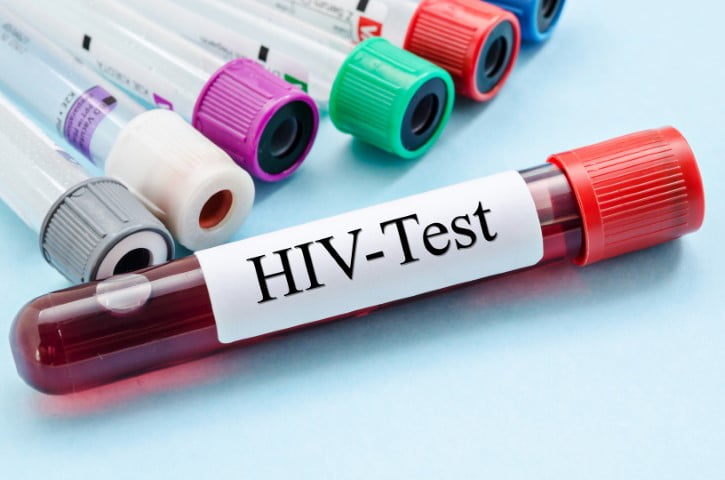
ตรวจ HIV รีวิวความรู้สำหรับการตรวจเอชไอวี (HIV test)
เอชไอวีคือไวรัสที่สามารถติดต่อได้จากการมีเพศสัมพันธ์, การใช้เข็มฉีดยาร่วมกัน, และการติดจากแม่สู่ลูก เมื่อติดเชื้อไวรัส HIV ไวรัสจะทำให้ภูมิคุ้มกันของร่างกายอ่อนแอลง และติดเชื้อโรคอื่น ๆ ได้ง่าย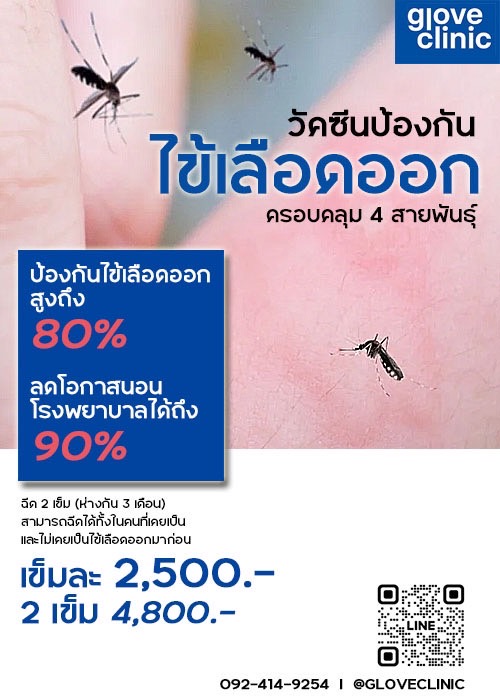
ปีนี้มีคนไข้ป่วยด้วยไข้เลือดออกมากกว่า 2-3 ปีที่ผ่านมา
เนื่องจากว่าผู้คนกลับมาใช้ชีวิตปกติ มีการเดินทาง จึงพบการระบาดมากขึ้น โดยจากสถิติของกรมควบคุมโรคพบว่ามีผู้ป่วยด้วยไข้เลือดออกในประเทศไทยเกินกว่า 60,000 รายไปแล้วทั้งปี 2566 ไข้เลือดออกเป็นโรคที่ก่อให้เกิดความรุนแรงได้ทั้งในเด็กและผู้ใหญ่ โดยเฉพาะอย่างยิ่งในคนที่เป็นซ้ำครั้งที่ 2 จะมีโอกาสเกิดภาวะช๊อคและเสียชีวิตได้มากขึ้น (โอกาสเสียชีวิตอยู่ราว ๆ 1:1,000) วัคซีนไข้เลือดออกรุ่นใหม่สามารถครอบคลุมได้ทั้ง 4 สายพันธุ์และทั้งนี้ผลการศึกษาพบว่าช่วยป้องกันการติดเชื้อได้ถึง 80% และลดโอกาสการนอนโรงพยาบาลได้ถึง 90% นอกจากนี้ยังสามารถฉีดได้ทั้งในคนที่เคยและไม่เคยเป็นไข้เลือดออกมาก่อน (วัคซีนไข้เลือดออกรุ่นเก่าไม่ควรฉีดในคนที่ยังไม่เคยเป็นไข้เลือดออก) สอบถามข้อมูลเพิ่มเติมเรื่องวัคซีนไข้เลือดออกได้ที่ 092-414-9254, Line Official @gloveclinic (มีแอดข้างหน้า)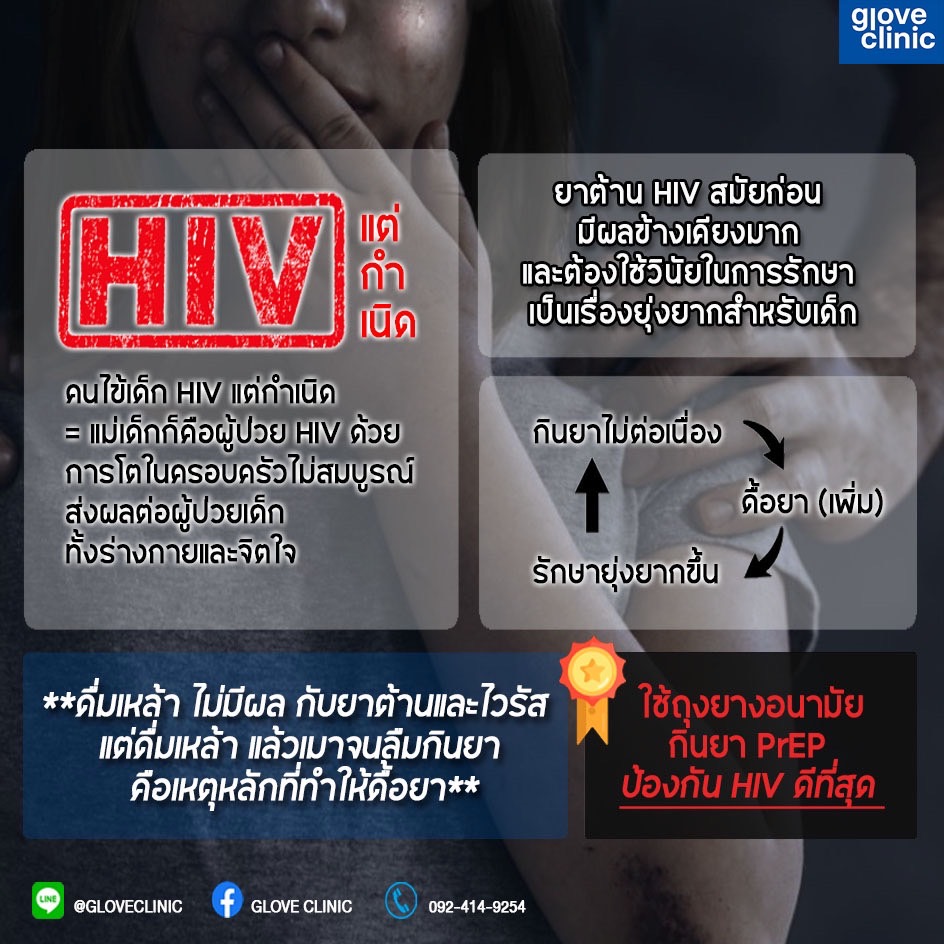
HIV แต่กำเนิด
ประเด็นร้อนที่ได้รับการพูดถึงอย่างมากในโลกออนไลน์ที่มีข้อความของนักศึกษาหญิงเปิดเผยว่าตัวเธอเองได้มีเพศสัมพันธ์แบบ one night stand เวลาไปเที่ยวกลางคืนบ่อยครั้ง และได้บอกความจริงว่าเธอเองมีเชื้อ HIV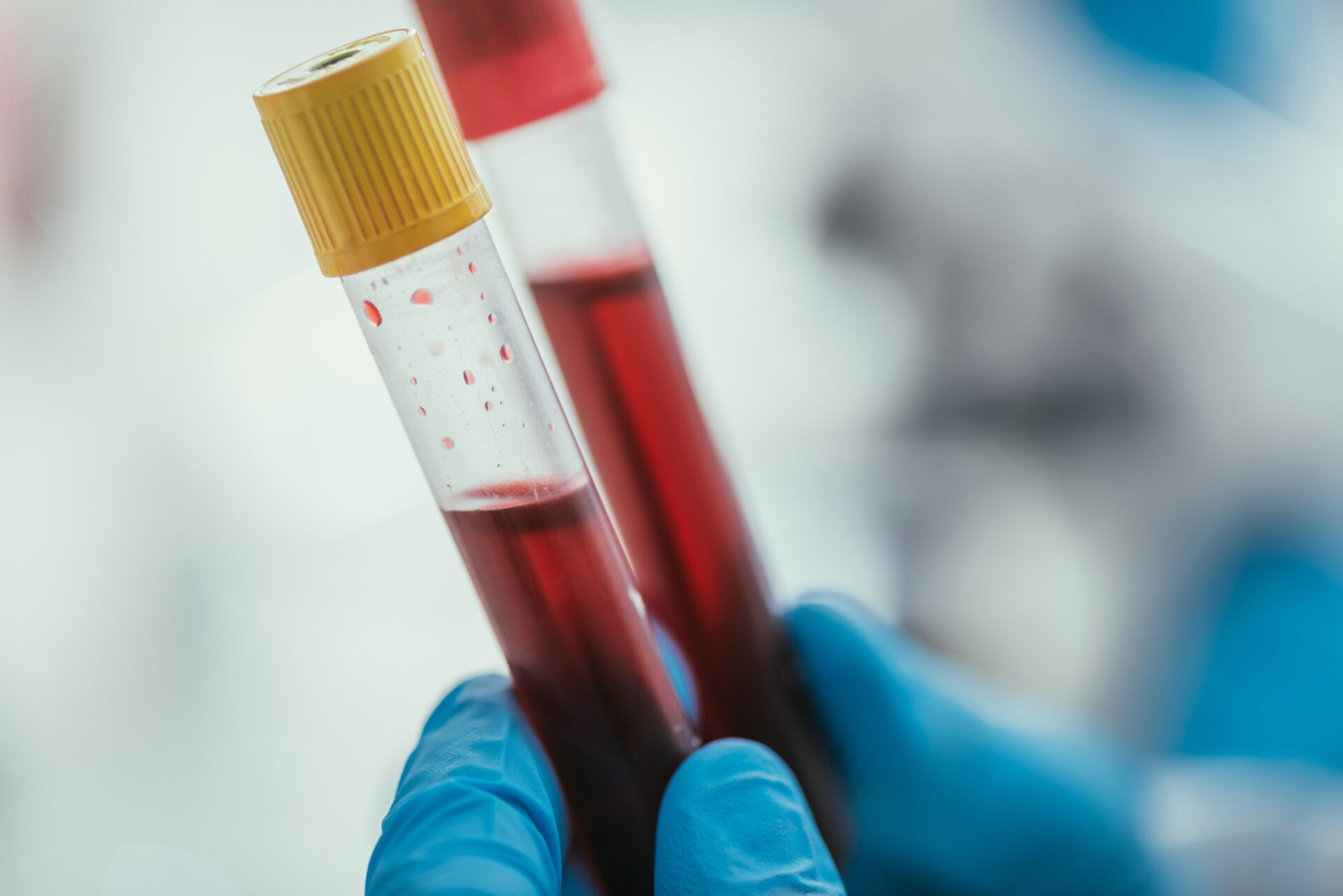
อาการของเอดส์เป็นอย่างไร ทำความรู้จักกับเอดส์
เอดส์ คืออะไร แท้จริงแล้วเอดส์ไม่ใช่โรค หากแต่คือระยะสุดท้ายของการติดเชื้อ HIV ซึ่ง HIV นั่นเองคือไวรัสที่ทำลายภูมิคุ้มกันของร่างกาย โดยเซลล์หลักที่ถูกเล่นงานโดยไวรัสก็คือเม็ดเลือดขาว CD4 ซึ่งเป็นเซลล์ที่บัญชาการระบบภูมิคุ้มกันของร่างกาย ซึ่งเอดส์ในภาษาอังกฤษก็คือ AIDS ย่อมาจาก Acquired immunodeficiency syndrome กำเนิดของการเรียกชื่อว่าเอดส์ เดือนมิถุนายน ค.ศ. 1981 ในวารสารของกรมควบคุมโรค ประเทศสหรัฐอเมริกาได้รายงานว่ามีเกย์หนุ่ม 5 คนมีอาการปอดอักเสบจากเชื้อรา และได้รับการรักษาในโรงพยาบาลที่ Los Angeles โดย 2 รายเสียชีวิต และนอกจากนี้ทั้ง 5 คนยังพบการติดเชื้อไวรัส CMV และมีเชื้อราในช่องปากร่วมด้วย ซึ่งเชื้อต่าง ๆ ที่เล่ามานั้นมักเจอในผู้ป่วยที่มีภูมิคุ้มกันบกพร่อง ในขณะนั้นโลกยังไม่ได้รู้จักกับไวรัส HIV ว่าเป็นสาเหตุตั้งต้นของสิ่งที่เกิดขึ้น การเรียกภาวะนี้ในยุคแรกจึงได้เรียกว่า AIDS หรือ “เอดส์” ซึ่งย่อมาจาก acquired immunodeficiency syndrome อาการของเอดส์แตกต่างกับ HIV ยังไง เอดส์คือชื่อระยะที่ 3…